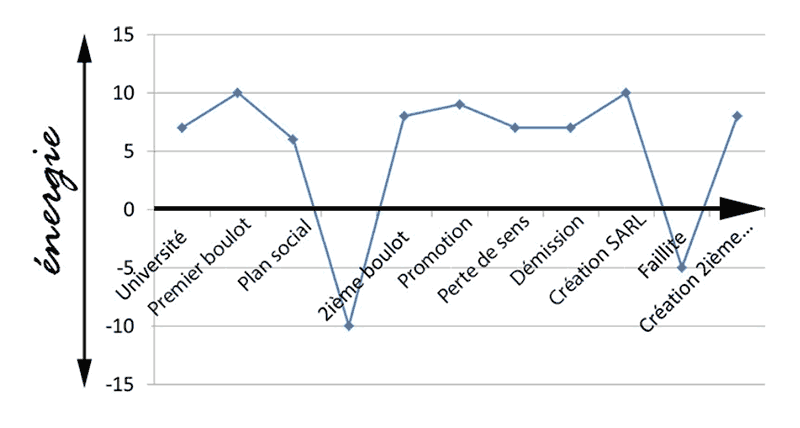A program occupational therapyhas significantly improved the health and quality of life of young adults with diabetes. This is shown by a study conducted by the University of Southern California, in the United States, the results of which appeared in the journal Diabetes Care.
The occupational therapy program, called “REAL Diabetes” for Resilient, Empowered, Active Living with Diabetes, focuses on the habits, activities and goals of young adults who manage their disease. It aims to meet the needs of diabeticswith low socio-economic or ethnic minority status in order to improve their care. It is through daily activities (personal care, work, leisure) that the patient will improve his glycemic control and general well-being.
Learning to live with the disease
REAL Diabetes is composed of a manual that guides the occupational therapist and the participant through 7 modules, each of which includes objectives to be achieved, activities to be done, materials, and educational resources. These 7 modules are entitled: assessment and setting of objectives; learning to live with diabetes; access and advocacy; activity and health; welfare ; emotion and well-being; and long-term health.
In order to test this program, the researchers selected 80 adults aged 23 on average. Half tried occupational therapy with two sessions per week for 6 months, and the other half, the control group, received standard educational materials as well as follow-up phone calls. Participants who completed the program improved control their blood sugar and their quality of life. Scientists also recorded a decline in disease-related distress and depressive symptoms.
Read also :
Diabetes: watch out for vision problems
Karate champion and diabetic, she failed the police















